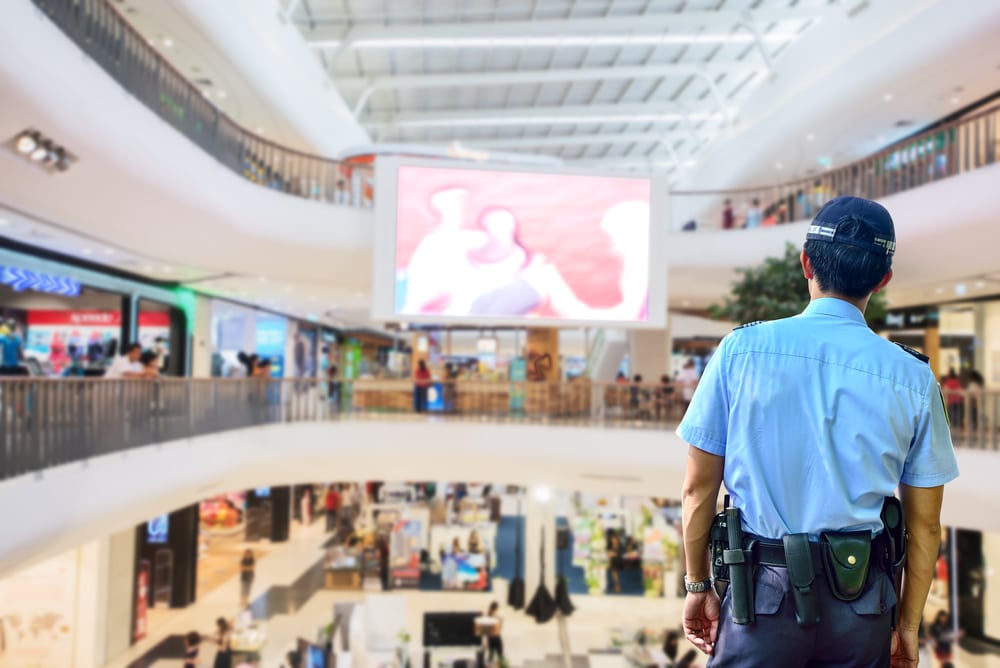Exclusive: The role of the security officer in the 21st Century


James Thorpe
Share this content
International Security Journal speaks with Sandi Davies, Executive Director of the International Foundation for Protection Officers about the foundation’s ground-breaking Security Research Project.
Where did the idea come from to conduct the Security Research Project?
The idea behind the project came from a mindset of mine going back to the early 1980s. I was working at a contract security company in Canada and was astounded by the fact that people could come in, fill in an application, get issued a uniform and go out and protect people, property and assets. It was beyond my comprehension that there was no training. It has always resonated in the back of my mind that something needs to be done.
As we advance to look at our 21st Century security officers, there seems to be a lot of issues we need to address to understand the complexities of officers and how they need to fill the roles and responsibilities of what they do. There has never really been a serious research project done on this profession and, in order for us to be recognised as a profession, this is essential. Government agencies and law enforcement agencies are not going to take us seriously until this research is done – that’s our motivation.
What are its main aims and objectives?
I became involved in IFPO in 1988 and struggled with the idea that we are developing and making available educational programs to this profession, without full knowledge of what security officers do. The objective here is to better understand what they do, how we can help them and how we can provide a better understanding of their positions, duties and responsibilities, without that, how can we possibly accredit officers without the research? Our goal is to take the research and then re-evaluate and look at what we are offering, make revisions and make it more current.

Who is eligible to participate?
In working with Dr Martin Gill of Perpetuity Research, we felt the need to focus on certain countries. We didn’t want this to be US-centric or Canada-centric – we felt that we needed to expand out to a number of different countries. We are including USA, Canada, India, Nigeria, Ecuador, UK, Ireland, Saudi Arabia and South Korea. We feel that’s going to give us a really good, well-rounded audience of people who are going to be doing this survey.
What impact do you think the research will have on the future of security?
I think it’s ground-breaking. Really, this is a legacy; this is going to go down in the history books. This has never been done before in this capacity. I think that everybody is going to take notice and the impact will be that there’s a certain amount of education and training necessary to equip our officers. If you look at it from the side of the officers, they are going out there right now without any tools in terms of education. We have done the best that we can – with IFPO – to provide them with this, but this will offer us a better understanding, which will in turn enable us to provide improved educational opportunities.
How can people take part?
It’s really easy. They can go to the IFPO website – which is www.ifpo.org – and it is there on the homepage. The survey takes people about 10 minutes to do and as an added perk, there are Amazon gift cards that are going to be awarded to lucky participants. As career officers, I encourage everybody to take part.



